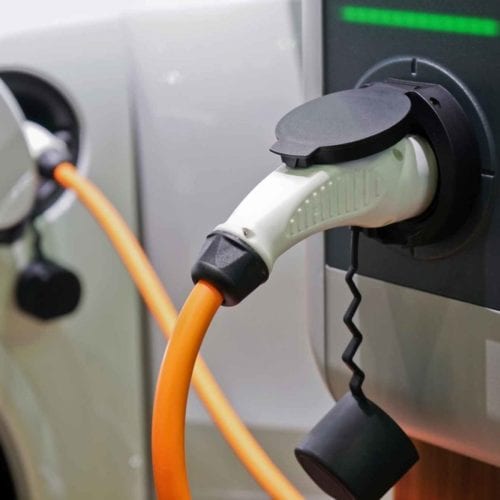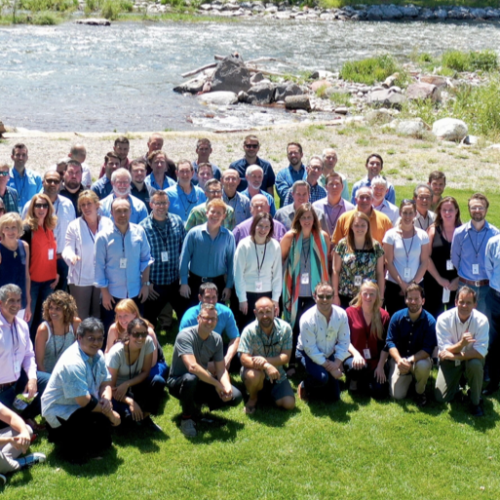Opportunities Outside the Bubble

Mobility Innovation Lab
2019 Project Accelerator
Advancing and Accelerating Mobility Transformation
We provide a groundbreaking change lab that supports innovation, collaboration, and the acceleration of the bottoms-up ideas that will transform the transportation system.
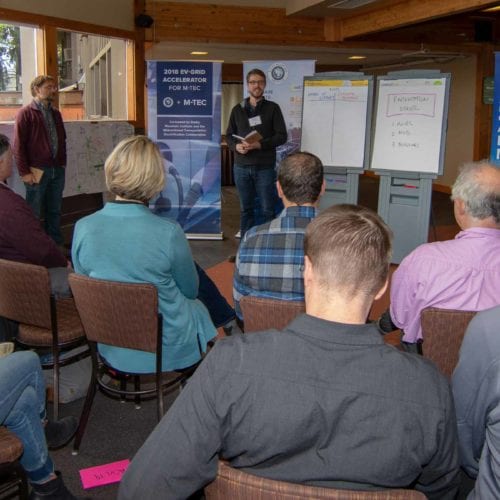
WHAT IS THE MIL PROJECT ACCELERATOR?
RMI’s Mobility Innovation Lab (MIL) Project Accelerator is an invitation-only, four-day working meeting bringing together teams to tackle obstacles to large-scale mobility transformation. By bringing together the stakeholders required to advance specific projects, address gaps, and derive solutions, breakthroughs can be achieved that deliver a replicable real-world foundation for scaling up.
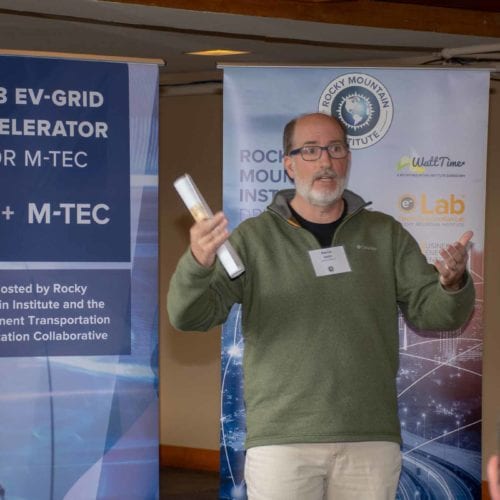
WHY IT MATTERS
Beginning in 2016, the transportation sector became the largest emitter of greenhouse gases in the United States. Electrifying transportation is a vital part of the needed mobility transformation and the biggest near-term lever for reducing climate impacts and local pollution. All stakeholders must work together to ensure that the benefits of transportation electrification are realized.
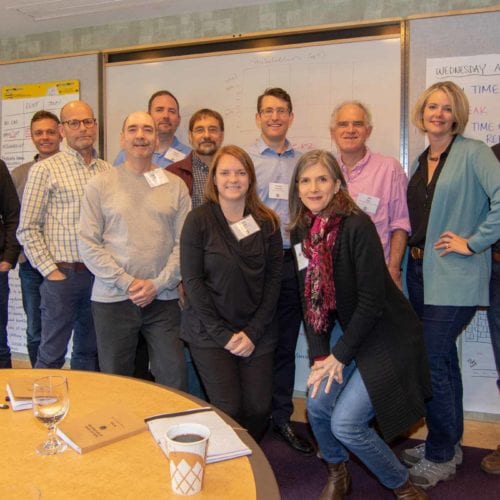
WHO’S INVOLVED?
MIL Project Accelerator teams comprise five to eight people representing multiple project stakeholders and partners. A team’s project must be actively under development, although it may range from an early-stage idea to a project well under way.
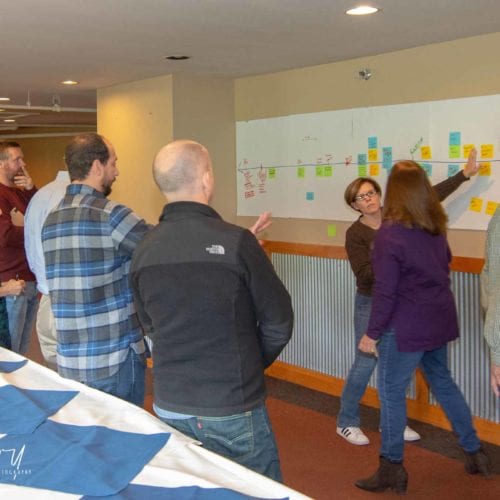
2019 TOPICS
Electrifying Fleets: Projects that advance the transition toward commercial fleet electrification, including barriers, motivators and strategies for accelerating the market. This includes transit, freight, transportation-network-company, corporate, and government fleets.
Innovative Financing and Business Models: Projects focused on overcoming the financial hurdles associated with electric vehicles and charging infrastructure. This includes capital and overhead and maintenance costs, risk mitigation/shedding, and soft costs. It could include fleet operators, utilities, building owners/tenants, and/or third parties.
Regulatory Reform and Rate Design: Projects focused on lowering the regulatory and political barriers to utility investment and engagement in the electric vehicle (EV) charging space and/or EV charging-specific electricity tariffs. Utilities and regulators are obvious participants, and so too are consumer advocates, city staff and elected officials, and others.
EVs as Distributed Energy Resources: Projects focused on leveraging the flexible load EVs represent to provide ancillary services to the grid, facilitate high penetrations of renewables, manage charging standards, etc.
Urban Mobility Solutions: Projects focused on decreasing commute times or distances, reducing reliance on personal vehicles, or improving access to shared mobility services. These projects could include employer-specific commute programs, curb-management business models, micro-mobility charging strategies, first- and last-mile service models, or public transit enhancement programs.
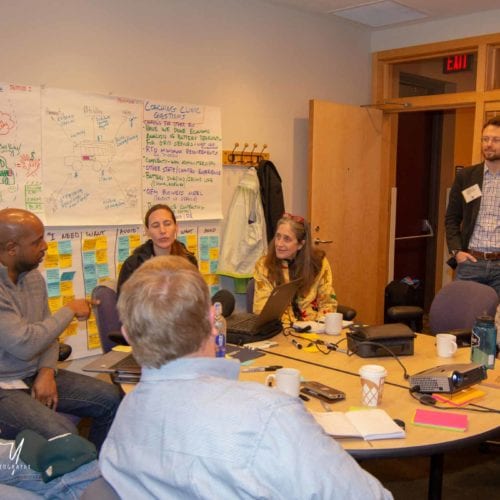
Resources
Explorations with Clean Public Transit
Blog
